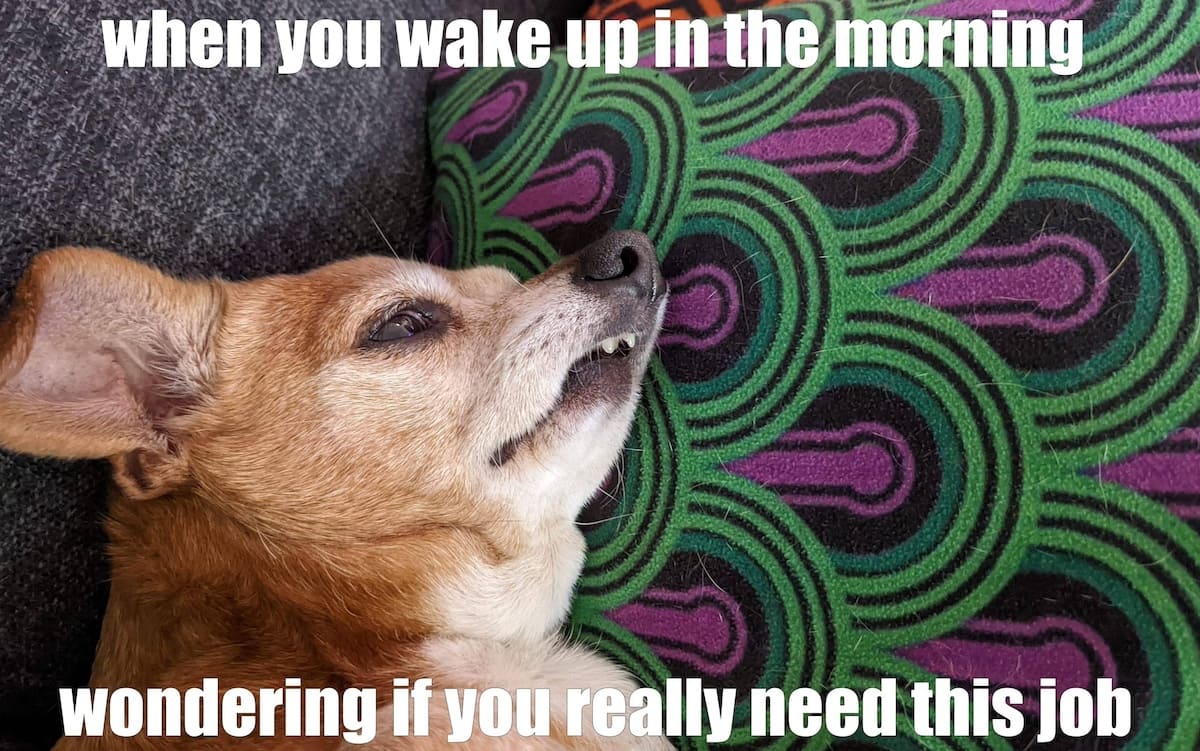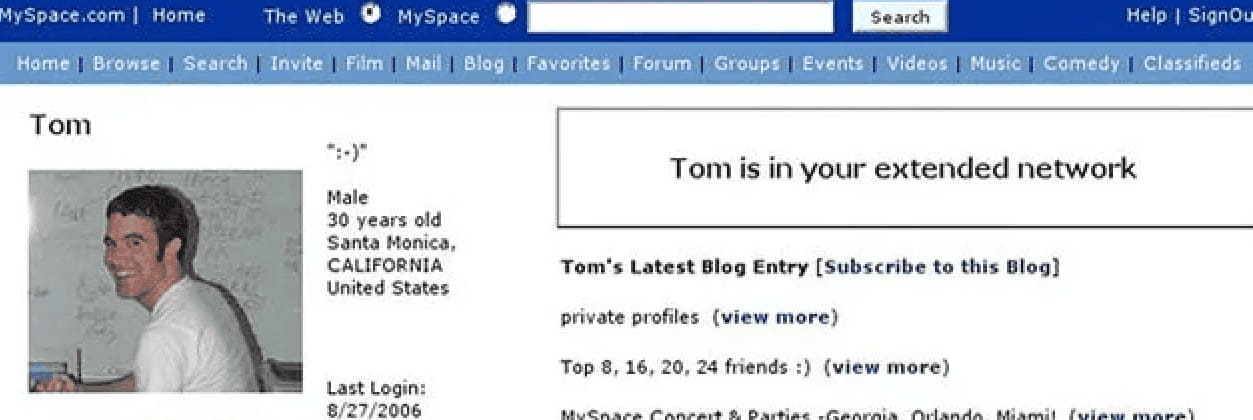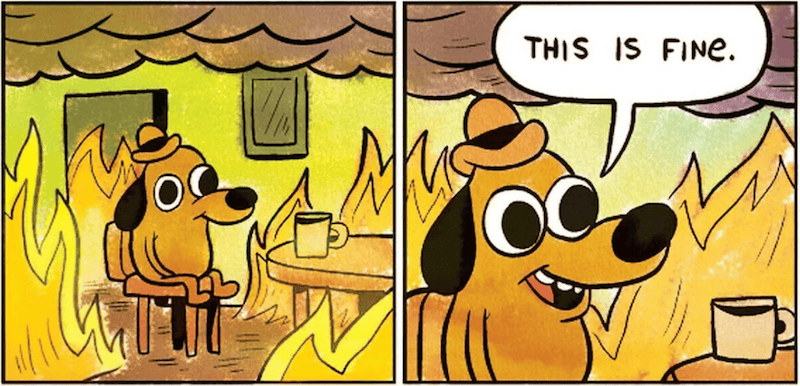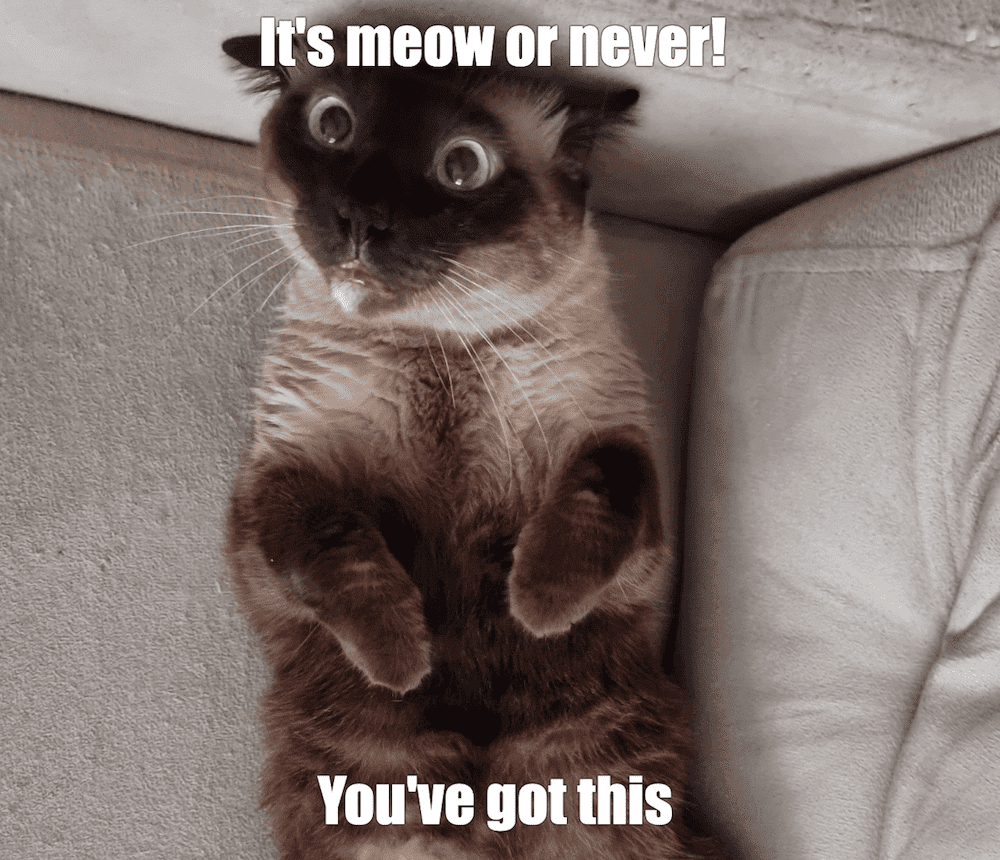Ctrl+Alt+Del — How I Force Quit My Old Career and Started Coding

We’ve all heard it: at some point, life will hand you lemons, and your task is to turn them into lemonade. But people don't tell you that sometimes you just end up with heartburn, wondering why you even tried.
Here’s a secret: if your lemons go bad, toss ’em in the trash bin and treat yourself to a milkshake instead.
A few years ago, I’d had my share of lemons and heartburn, so I reached for my milkshake and started a new career in coding.
Let me tell you — moving into an entirely new career when you’re past your prime learning years is tough. Balancing a job, a family, and other responsibilities while learning a new skill can feel like juggling flaming torches. But if you’re thinking about it, fear not; you’re not alone.
Who am I? I’m Marcy, and it’s a pleasure to meet you! I started coding at 36 with no degree or tech experience, just stubbornness and lots of coffee. Fast forward a few years, and I’m a Programmer at Tighten. Let’s talk about it!
Why I Changed Careers
I spent the majority of my adult career as a hairstylist. I enjoyed it for a time, but after 15 years, I felt increasingly burnt out. The industry was evolving in a direction that didn’t resonate with me anymore, and I’d had enough. I no longer looked forward to work, and every morning, I searched for reasons to stay home. That’s when I knew I needed a fresh start.

It felt like I was stuck on a rollercoaster without brakes. Staying on was maddening, but I didn’t know what else to do.
When I considered my options, my brain circled back to coding every time. Sure, I was a total newbie in the tech world, but since my Nintendo days, I’d been fascinated by the thought that ones and zeroes shaped everything I saw on the screen. Also, who could forget the days of spicing up your MySpace profile?! With my imaginary approval from MySpace Tom, I decided to go for it.

How I (Re-)Started Learning
I quickly discovered programs like FreeCodeCamp and Codecademy, and I was ready to start. I arrogantly thought, “How hard could this be? People teach themselves to code all the time.” But I hit the first of a few difficult moments when I realized I had forgotten how to learn.
At that point, I hadn’t been in an academically structured setting since high school. And then the embarrassment started. I’d already (boisterously) expressed my intentions to become a coder to anyone who would listen. How would it look if I quit now? Would everyone think I’m stupid? Was I stupid?
Today, I know this is imposter syndrome, and, oh boy, that wasn’t the last time she reared her ugly head.
So, in search of structure, I joined a full-time boot camp. I was beyond excited, planning to attend school Monday through Friday and keep some shifts at the salon. A girl’s gotta pay her bills, right?
Welp! Life handed me one of those infamous lemons we spoke of, and after a few weeks, I realized how unsustainable that was. I was coding 60-70 hours a week and had no time or energy for anything else. I was EXHAUSTED. I left the salon before the month ended and took out a bank loan to survive.
It was so disheartening. Why did I have to work twice as long as everyone else? I’m now thousands of dollars in debt and unemployed for the first time since I was 16 years old. What have I gotten myself into?
That was the first time I considered quitting.
How I Almost Quit... Again

While the class was what I wanted (structure, deadlines, homework), I was so self-conscious that I was the oldest student by at least a decade, and they’d all finished the self-paced programs that I gave up on. They cranked out assignments while I struggled to understand how a for loop works. I remember that, on one occasion, we had to create a small React app. No CRUD yet, nothing crazy. While my classmates presented their projects, I made such a weird bug that the instructor couldn’t even fix it. I am still trying to figure out what I did wrong today!
After a couple of months and countless hours of frustration, I was on the verge of giving up again. It felt entirely hopeless. And then, one day, everything changed.
On this day, my instructor could tell something was off with me, and he called me in to talk. We sat in an empty conference room, and I was confident he would inform me I was being kicked out. To my surprise, he asked: “What’s going on with you today?” I immediately started crying my eyes out. I’m talking Kim Kardashian style.

Without much choice and between hiccups, I told him everything.
- I’m an idiot.
- What am I even doing here?
- Everyone understands this except me.
- Why did I leave a successful career this close to 40?
- Am I even hireable when there are so many younger people to choose from?
- I’m too old to learn something this complex.
- I’ve made a colossal mistake.
He gave me a moment to catch my breath and finally asked me a question that was so simple and yet completely shifted how I think about things, even today: “Why don’t you ask for more help?”
I tried to think of an excuse, anything to save my ego, but I couldn’t. Instead, I sheepishly told him that I was embarrassed. I compared myself to the other students who don’t ask as many questions and couldn’t understand why I don’t click with the course material the way they do.
Why I Didn’t Quit
His response changed everything:
“First of all, they do ask questions,” he told me. “They DM me instead of speaking up because they’re self-conscious, too. None of us knows everything and never will. Some kids learn to read at four, and some learn to read at 8. It doesn’t matter how old you are when you start. We all start at the beginning. Ask questions! That’s how we learn.”
So you’re telling me you have to learn things to know them?

I walked back to the class, bleary-eyed, my mind racing, trying to absorb what I had just learned. Later, when a discussion about JavaScript came up, and I was quiet as usual, my instructor made eye contact and gave me a look. “Speak up!” it said.
With my face hot and my pride swallowed, I asked my classmate, “Can you explain what you mean?” He smiled and said, “Of course!” We worked together on the problem until I understood. We laughed, chatted, and complained about how weird JavaScript is. He didn’t care how old I was. No one thought I was stupid. We were all just learning and having fun! The only person in that room that gave a damn about any of that was me.
What I Learned From Others
I recently put out a survey to collect insights from others who chose coding as their new career. Their ages ranged from 27-50s, from students to CEOs. Some top takeaways are:
- 100% of people surveyed faced the backlash of imposter syndrome.
- 80% of them still feel it sometimes today.
- 80% have, at some point, wanted to give up.
- 50% had no prior tech background.
The reasons they’d changed careers were as diverse as the individuals themselves. Some wanted to work for themselves, and others were recovering from divorce or burnout from retail. Some sought more creativity, while others wanted to leave the service industry. One person shared that they wanted to change to a career where they could work from home to manage their anxiety.
Everyone faced or is facing different challenges. Here are a few specific responses folks shared in my survey:
- Alejandro, Student, California: I’m looking to finding/creating opportunities to get real-world experience
- Ken Barrios, Web Developer, Chicago, IL: After 9 years, I still hate math and get anxious hearing client requests. I’m terrified something will come up that I can’t do or learn.
- Jon Behr, VP of Engineering, London, UK: (When I learned there were) not many resources. That was 15 years ago — pre-StackOverflow!
- Anonymous Participant, Software Engineer, Chicago, IL: There is no one cure for imposter syndrome. It probably took a good two years of working before I started to accept that I’m actually good at my job.
What You Can Learn From Me
So what does this all mean? Coding is hard. It’s that simple. No matter who you are, how old you are, or how many sweet tricks you can do on a skateboard, we all need the same thing: time, persistence, and remembering no one cares about your hangups but you.
I’ll be honest: I still struggle with imposter syndrome. I still question myself and probably always will. But in these moments, I’ll try to remember how far I’ve come. I went from sobbing in a conference room to working my dream job in just a few years.
At Tighten, we thrive on learning. Asking questions, sharing knowledge, and pair programming are all ingrained into our culture. I am surrounded by brilliant programmers who reach out to each other without hesitation daily. Whether you’re an apprentice or the CEO, it makes no difference. None of us knows everything, and we never will.
I hope my experience encourages you to ask the questions you think are trivial! You won’t be the first to ask and certainly won’t be the last. No matter where your journey began, we have all struggled to understand how a for loop works at some point. Some of us were just a little older when we did. What’s important is that you keep going.

in your inbox:
let’s talk.
Thank you!
We appreciate your interest.
We will get right back to you.
